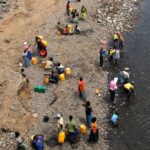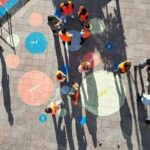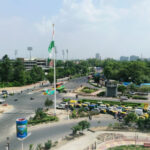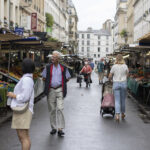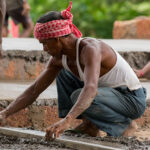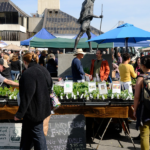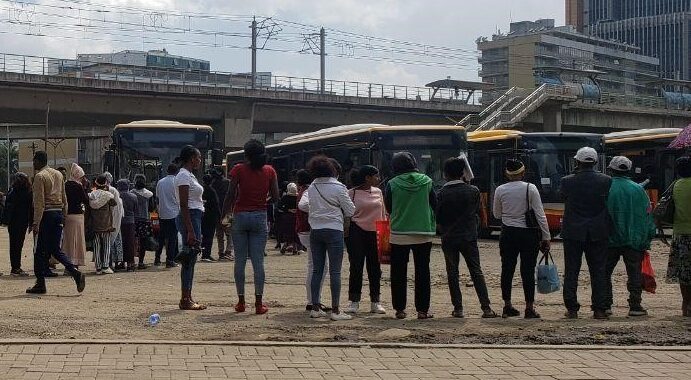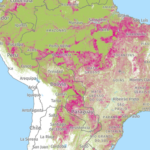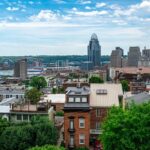Search Results for 'feed'
New data from WRI’s Aqueduct Water Risk Atlas show that 25 countries — housing one-quarter of the global population — face extremely high water stress each year, regularly using up almost their entire available water supply. And at least 50% of the ...

As the world moves towards a green energy transition, effective, equitable and efficient energy governance is crucial to ensure the energy needs of the most vulnerable populations are met and nobody is left behind. This transition, and the future success ...

To date, over 90 countries have set net-zero emissions targets, committing to help prevent the most harmful impacts from climate change. But questions remain around the credibility of many of these pledges and whether these goals will be met. Together, countries with net-zero targets — which ...

Like many cities, Nairobi greets visitors with the sight of densely packed buildings, the scent of roasting food and the sound of honking horns, mostly from motorcycles weaving through traffic. While these popular motorcycles provide an affordable and fast form ...

For decades, urban transportation policy and practitioners have favored a model of analysis that prioritizes increasing the speed of vehicles and the time saved for people as a result. While this may make sense on an intuitive level, it is ...

Transportation connects us to one another. It’s how we get to school and work, how we visit our families, and how we access our food and health care. It’s also how we ship goods and deliver services. As economies and ...

From a road safety standpoint, intersections are one of the most critical parts of a city’s streetscape and transportation network. In most cities, they account for the highest number of interactions between vehicles and pedestrians. To increase safety at one ...

Until just a few years ago, the right riverbank of the Seine in Paris was an urban highway used by over 40,000 vehicles every day. Despite being named a UNESCO World Heritage Site, the road was either heavily gridlocked during rush ...

When India’s federal government announced a public health lockdown on March 24, 2022 in response to the COVID-19 pandemic, it generated desperate scenes. Economic activity ground to a halt. Millions of migrant workers traveled back to their home states. In ...

Let’s not forget what we learned during 2020 about the fragility of our food supply chains: the prevailing, globalized model is as fragile as a spider web. It can shatter into dangling threads in times of crisis, such as a pandemic ...

Following the launch of Colombia’s first National Roadmap for Net Zero Buildings in June 2022, the cities of Bogotá and Cali are setting the foundation for how to implement the roadmap at the local level. The municipal governments of both cities have ...

Long queues for public transport have become common sights during peak hours all over Addis Ababa, Ethiopia. Under the hot sun or the heavy rain, people anxiously wait for the next public transport to arrive. Frustrated and eager to reach ...

Global forest loss remains high. In 2021, the tropics lost 11.1 million hectares of tree cover, according to WRI’s latest analysis. This annual figure included 3.75 million hectares of loss within tropical primary rainforests, resulting in 2.5 gigatons of CO2 ...

As hubs of talent and innovation, American cities are uniquely positioned to fight climate change and improve the health, economy and well-being of their residents. The Biden administration’s Justice40 Initiative and funding available through the Infrastructure Investment and Jobs Act (IIJA) provide rare ...

Cities are increasingly trying to discern what post-pandemic resilience will look like, especially in terms of mobility and public transport. And in Colombia, cities are known for their innovations in public transport systems — like Bogotá’s bus rapid transport and ...

Page 2 of 25123...1020...Last »






